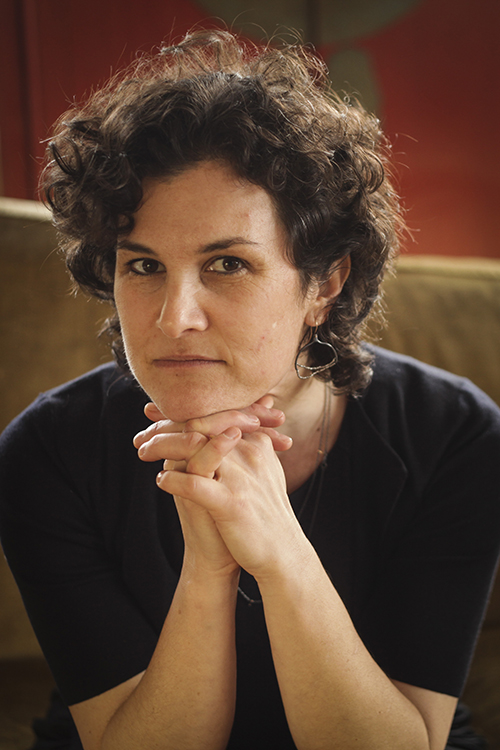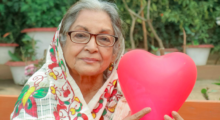In a recent New York Times article, Oakland doctor Jessica Nutik Zitter advocates the need for doctors to receive training not only in saving lives, but also in facilitating death. Although they are trained to respond to a “code blue,” which signals the need for immediate resuscitation, she writes that doctors need a protocol for “code death”. Some patients cannot be saved. Or if they can, survival may come at the cost of quality of life: they may never be able to breathe on their own, eat on their own or even speak. Prolonging their suffering through a frantic magic show of “technological wizardry” only postpones their impending deaths. And at what financial and emotional cost is this ideology even worth it? Instead, we should ritualize and honor, rather than mindlessly escape, the end of life. Doctors should use their medical techniques to make this process as bearable as possible.
Through captivating lyricism—Zitter is also quite the accomplished writer—she presents these thoughts from her own personal experience, making her case all the more compelling. “I was trained to use highly sophisticated tools,” she writes, “to rescue those even beyond the brink of death. But I was never trained how to unhook these tools. I never learned how to help my patients die.” She ascribes this shortcoming in her education to an early 20th century cultural shift away from an acceptance of death, when to die “was as natural a part of life as birth. It was expected, accepted and filled with ritual. No surprises, no denial, no panic.” But now doctors are told to keep the patient alive beyond all reason. “We refuse to wait passively for a last breath,” Zitter continues, “and instead pump air into dying bodies in our own ritual of life-prolongation. Like a midwife slapping life into a newborn baby, doctors now try to punch death out of a dying patient.”
In her article, Zitter becomes her own best example as she shows us the process by which she has enacted “Code Death”. It’s a touching scene. She brings the family into the room of the dying loved one and uses her medical expertise to make the dying experience as painless and as peaceful as possible. “Helping patients die takes as much technique and expertise as saving lives,” she asserts, and given the number of steps and attention to detail that peaceful dying requires, it is easy to see what she means.
Perhaps it’s refreshing for this perspective to arise from a professional in the field—someone who works with life and death every day. Does her position indicate the commencement of a larger cultural shift back toward a better relationship with death? What are your thoughts on Code Death? We look forward to your comments below.
More from Something Special:
- A No-Fear Approach to Death
- Till Death Do Us Part: Elderly Couple Leave Life Together
- What is a Home Funeral? Reclaiming the Lost Art of Caring for the Dead and Having a Funeral at Home

 Should Doctors Guide us through the End of Life?
Should Doctors Guide us through the End of Life?





 The Healing Sound of Singing Bowls
The Healing Sound of Singing Bowls
 “Summons” by Aurora Levins Morales
“Summons” by Aurora Levins Morales














